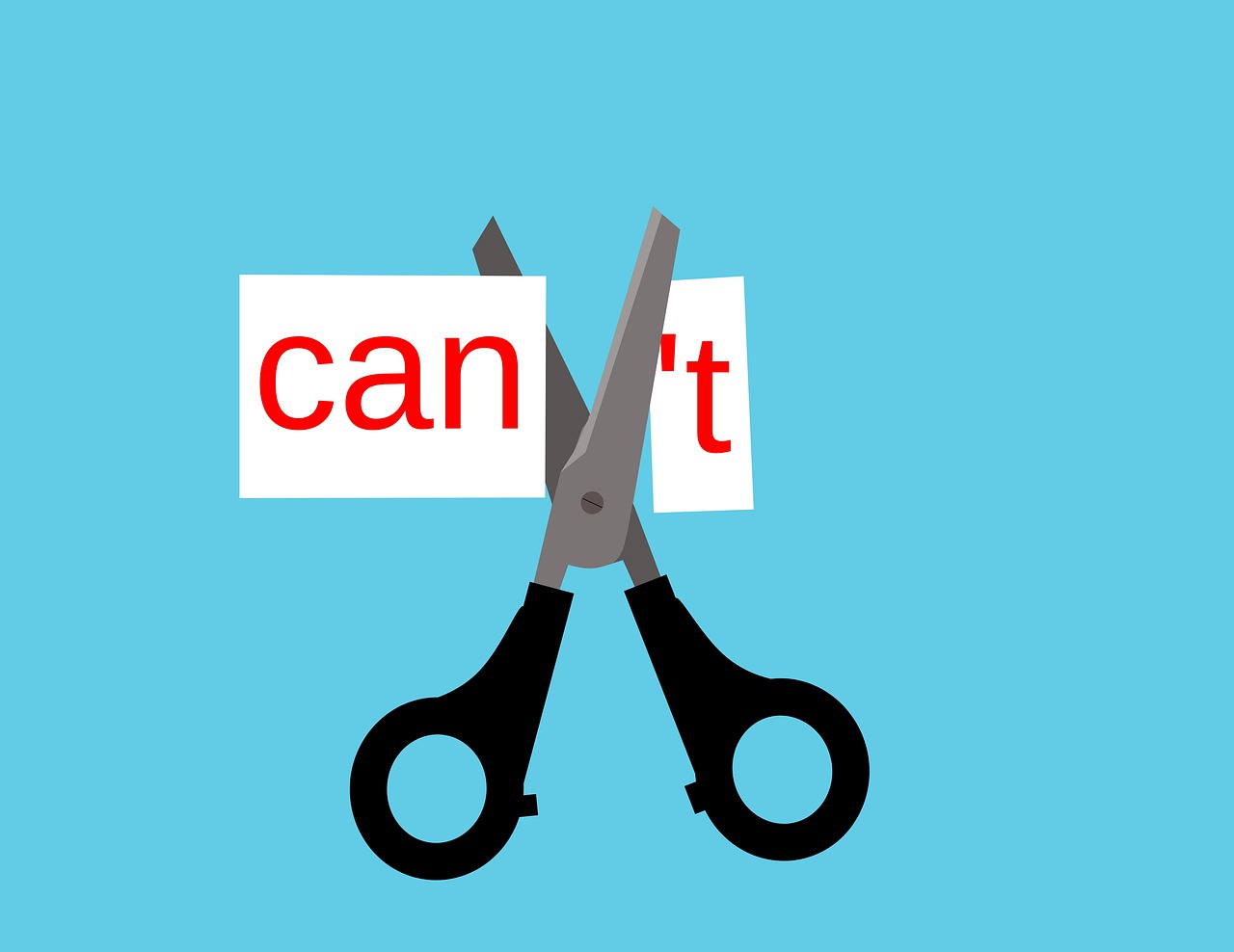With Suicide Rates on the Rise, Schools Need Better Data to Keep Students Healthy and Safe [downloadbable]
 The number of students struggling with anxiety, suicidal ideation, and mental health issues is on the rise. A report released on December 2, 2019, by YouthTruth underscores that programs and services, as well as strong relationships with adults in school, matter to students’ emotional and mental health, and especially to vulnerable populations. The data show that 1 in 7 students seriously considered attempting suicide in last 12 months – a number consistent with previous research. However, 68 percent of students say they know ways to cope and make themselves feel better when they are upset, stressed, or having problems.
The number of students struggling with anxiety, suicidal ideation, and mental health issues is on the rise. A report released on December 2, 2019, by YouthTruth underscores that programs and services, as well as strong relationships with adults in school, matter to students’ emotional and mental health, and especially to vulnerable populations. The data show that 1 in 7 students seriously considered attempting suicide in last 12 months – a number consistent with previous research. However, 68 percent of students say they know ways to cope and make themselves feel better when they are upset, stressed, or having problems.
The report draws on the responses of over 70,000 secondary students in across 18 states gathered between fall of 2012 and spring 2019.
In YouthTruth’s analysis, special education students report experiencing more thoughts of suicide than their peers – a shocking 22 percent compared to 14 percent. However, these students feel more positively than general education students do about the availability of an adult in school who they can talk to when they are feeling upset, stressed, or having problems (53 percent compared to 45 percent). Similarly, 48 percent students who are eligible for free or reduced-price lunch (FRPL) say the same, while only 42 percent of other students feel this is the case.
Certain vulnerable populations of students also feel more positively than their peers about the availability of programs and services at school that can help them when they are struggling with their mental health. The data reveal that a greater proportion of FRPL students — 38 percent — feel that there are programs or services at their school to support their emotional and mental health when they need help, compared to 31 percent of other students. Additionally, while 45 percent of English Language Learners say that there are programs and services in school that can help them, only 35 percent of other students say the same.
YouthTruth’s analysis also explores students’ experience by school level and grade-level. Despite the challenges middle school students face developmentally and socially, fewer students in grades 5-8 say they have experienced prolonged sadness or depression than do high school students. A greater proportion of middle school students also feel positively about the availability of programs and services at their school that can help them when they need it.
Digging deeper, 6th and 7th grade students felt the most positively about whether there is an adult in school they can talk to. Conversely, 9th and 10th grade students have the least positive perceptions about this question.
Comparing students’ experiences based on gender identity, we see that students who identify in a way other than male or female report having more thoughts about suicide (21 percent, compared to 17 percent of female students and 11 percent of male students). Furthermore, higher proportions of male and female students – 47 and 46 percent respectively – report that there is an adult in school they can talk to when they are feeling upset, stressed, or having problems, compared to only 32 percent of students who identify in another way. In addition, female students are twice as likely to say that they have experienced prolonged sadness or hopelessness.
When leaders and staff at Corvallis School District in Oregon got their student feedback results back, they were able to identify that overcommitment to extracurricular activities was causing anxiety in students. “It’s really important that we know that and can now have that conversation with the community,” says Superintendent Ryan Noss. Based on their survey results, Corvallis invested in students’ mental health by hiring full-time therapists to increase the availability of trained staff and heightened the quantity and reach of messaging about available services that are available to students. The district will continue to track progress with annual anonymous surveys.
“Even the best educators are hard-pressed to know to what extent and in what ways students are struggling with their mental health” says Jen Wilka, executive director for YouthTruth. “While schools can’t bear this alone, they are a key piece of the puzzle of supporting students in today’s complex world, and as our data shows, the relationships and supports that schools provide really matter. When it comes to topics of emotional and mental health that can be hard to talk about, getting anonymous survey data about the school experience, student and staff relationships at school, and environmental supports is more important than ever. Schools have a crucial opportunity to hear directly from students about their experiences and intervene before it’s too late.”
News release from YouthTruth, published on December 2, 2019. Read the original article. Download a PDF of the report. Name and email is required for download.
Source: YouthTruth | With Suicide Rates on the Rise, Schools Need Better Data to Keep Students Healthy and Safe, https://youthtruthsurvey.org/with-suicide-rates-on-the-rise-schools-need-better-data-to-keep-students-healthy-and-safe | © 2019 Center for Effective Philanthropy
A screening can help you determine if you or someone you care about should contact a mental health professional. Care Coordinators can arrange a free 30 minute Care Consultation so you can explore options with an expert. Call or email our Care Coordinators at 650.688.3625 or careteam@chconline.org to set up an initial Consultation appointment.




